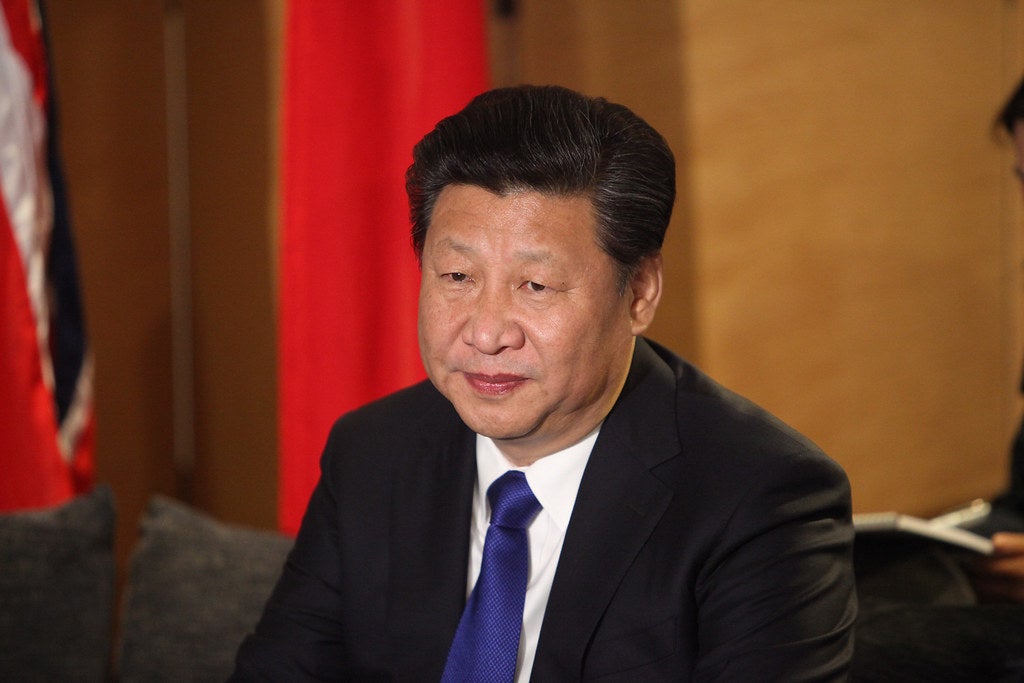VGCCC Harm Prevention Campaign
The VGCCC identified these actions as a breach of the Victoria Casino Control Act 1991. This law forbids casinos to host excluded individuals, even those who do it voluntarily. This measure is meant to protect people struggling with gambling addiction by limiting their exposure to triggering spaces.
Fran Thorn, VGCCC Chair, stressed the risk of such oversights, saying, “Self-exclusion is a vital harm-prevention initiative, and it is an offense for casinos to allow individuals who have chosen to self-exclude to enter or gamble. Providers must ensure they are doing everything in their power to enforce these decisions.”
A Significant Oversight on Crown’s Part
The VGCCC investigation revealed that Crown’s lack of robust security protocols, monitoring systems, and staff training contributed to these breaches. The commission has urged the casino resort to undergo an independent review to evaluate the effectiveness of its responsible gambling program.
“Crown has a duty to protect those at risk of gambling harm, and self-excluded individuals must trust that their decision to exclude themselves will be enforced,” stated Thorn. “These systemic failures show that Crown still has work to do in ensuring that its controls are strong enough to prevent these breaches.”
Call for Serious Reforms
While the gravity of the situation cannot be undermined, the commission also understood that some of the self-excluded players went to extreme lengths to avoid Crown’s security. Regardless, it highlighted that these incidents could have been avoided if the casino resort had better systems to implement its regulatory responsibilities.
In a statement, Crown Melbourne highlighted its commitment to address the breaches and improve its security measures to avoid access by vulnerable patrons in future. A spokesperson for the casino resort stated, “Crown is committed to ensuring a safe and responsible gaming environment, with a focus on harm minimization and guest wellbeing. We are actively working with the VGCCC to address these issues and further enhance our compliance programs.”
























.jpg)
.jpg)
.jpeg)









